Our government has as many legal needs, and those needs are as varied as our society. As a result, lawyers working for the government help enforce the law, such as by serving as U.S. Attorneys or local prosecutors, as well as help to administer government programs, such Social Security or Medicare. But while there are countless legal positions within the expanse of our government, government lawyers all serve the "people" and the institutions that enable our country to operate.
Attorneys work at all levels of government–federal, state, and local–and for every branch of government. In the legislative branch, lawyers advise legislators on drafting laws that meet their goals. Within the judicial branch, attorneys work as judges, clerks, and in other capacities. Within executive agencies, attorneys draft and revise regulations, as well as litigate and appeal regulatory actions. They may also investigate and oversee how agencies use their allocated funds. At the federal level, there are even more attorney positions, as each Cabinet department employs lawyers in their Office of General Counsel and in the Office of Inspector General. Moreover, the military also employs lawyers, who work as Judge Advocate Generals. There are also many JD Advantage positions throughout government agencies.
The government often employs attorneys as criminal prosecutors and defense attorneys. District attorneys, state attorneys, U.S. attorneys, and attorneys general are all government employees. On the defense side, state and federal governments hire public defenders.
One of the most common government positions for recent law school graduates is as a judicial clerk.
Courses
Courses designated as "primary" are foundational, while those listed as "secondary" contain relevant and related content. "Co-curricular" courses are credit-bearing extra-curricular activities, while "experiential" courses are practice-based offerings. Please keep in mind that the focus of any course will vary depending on the instructor.
Primary Courses
Secondary Courses
Experiential Courses
Faculty
The following faculty are knowledgeable about the topic and may be a useful resource for you.

Professor of Law
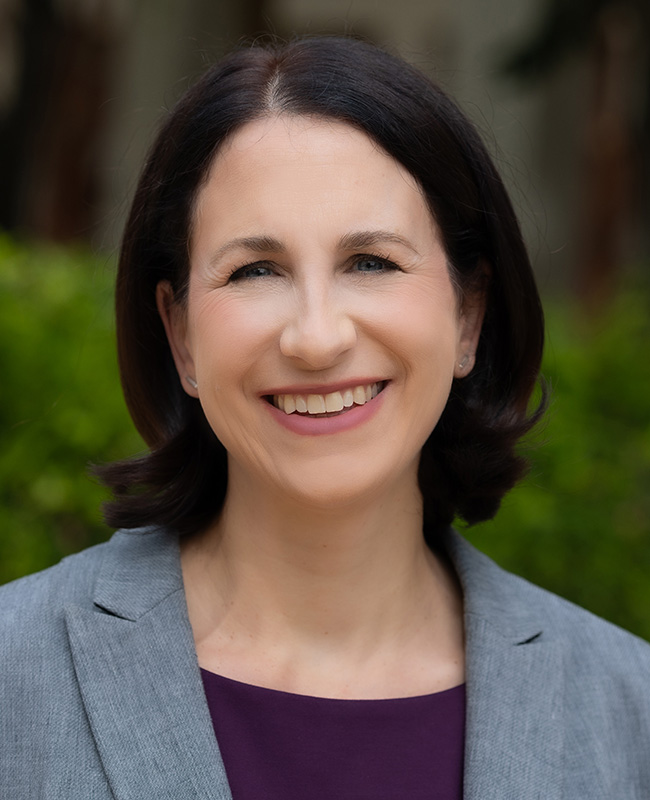
Professor of Law

Henry C. Lauerman Professor of International Law

Assistant Clinical Professor of Law

C. C. Hope Chair in Law and Management

Research Professor of Law

Clinical Professor of Law

Frank U. Fletcher Chair in Administrative Law
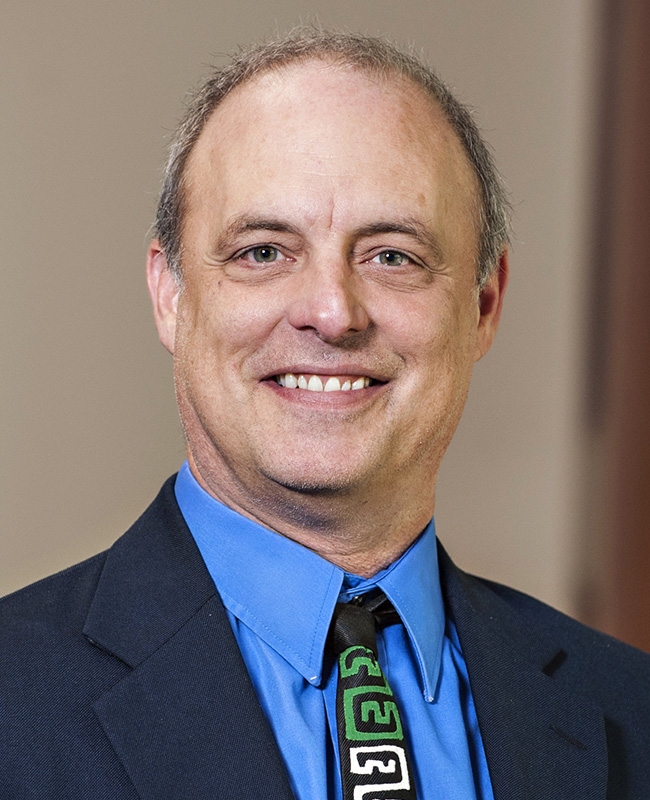
Needham Yancey Gulley Professor of Criminal Law
Related Pathways
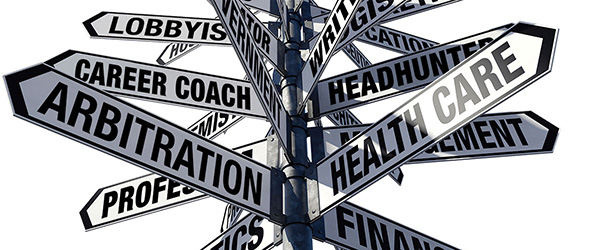
JD Advantage Positions

Dispute Resolution
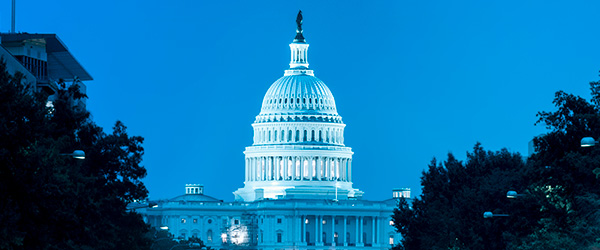
Legislation and Lobbying

Civil Litigation
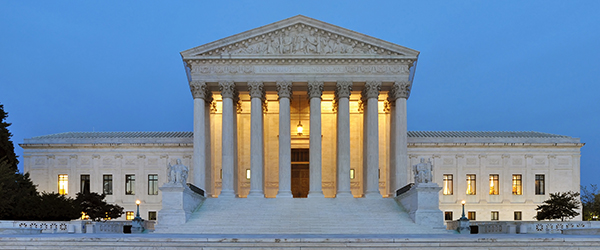
Appellate Advocacy
